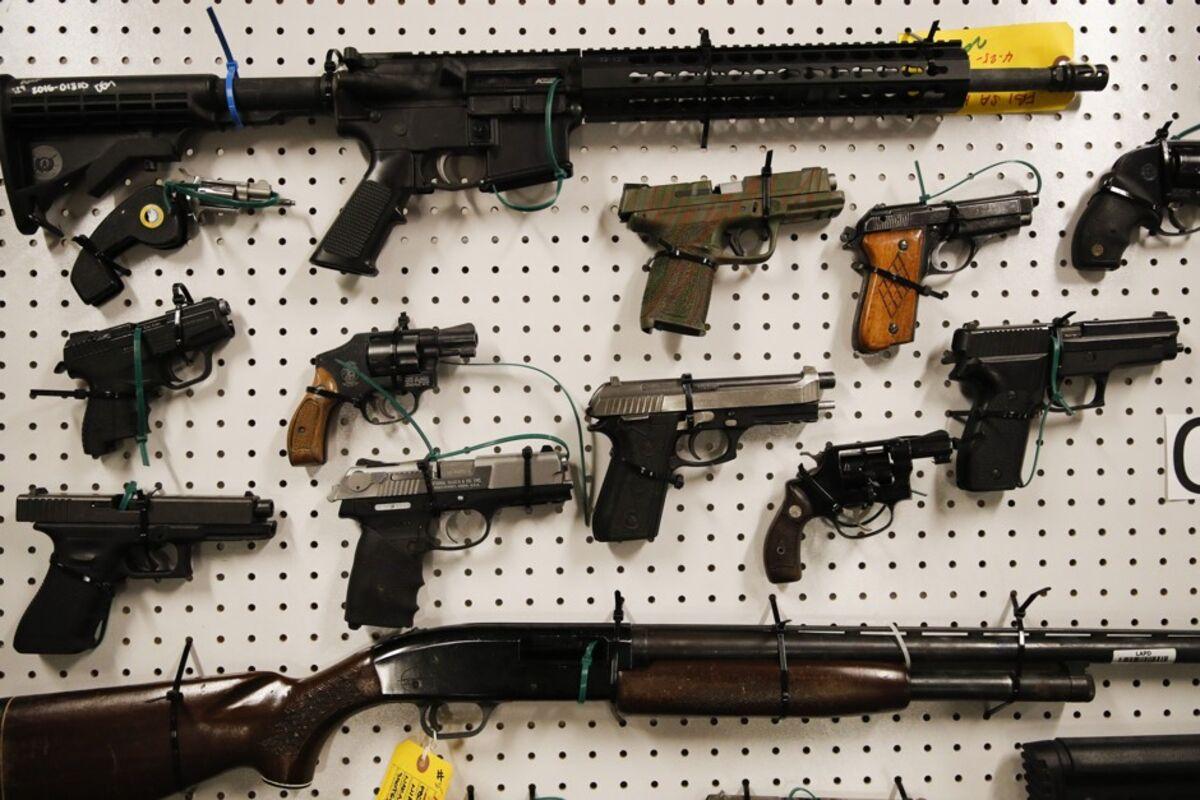Notifications

7 minutes, 38 seconds
-332 Views 0 Comments 0 Likes 0 Reviews

Grand Island, Nebraska, boasts a wealth of opportunities for outdoor enthusiasts, especially hunters eager to explore the region’s rich wildlife. However, hunting is an activity that requires both skill and responsibility. Enrolling in a hunting safety course is a vital step to ensure that every hunt is safe, ethical, and enjoyable. These courses not only teach crucial skills such as firearm handling, wildlife identification, and first aid but also foster a deeper understanding of conservation ethics. For many hunters, safety courses provide an opportunity to connect with like-minded individuals and become part of a community that values responsible hunting practices. Whether you’re new to hunting or looking to refresh your knowledge, these programs can help you develop the confidence and skills necessary for a successful and secure hunting experience. This article outlines Grand Island’s best resources for hunting safety courses, focusing on programs that cater to beginners and seasoned hunters alike.
The Nebraska Game and Parks Commission (NGPC) is one of the best resources for hunting safety courses in Grand Island. This state agency is dedicated to promoting safe and responsible hunting practices. NGPC’s hunter education programs are available online and in-person, offering flexibility for individuals with varying schedules.
Participants in these courses learn essential skills, including firearm safety, wildlife identification, and survival techniques. The in-person classes provide hands-on training, while the online modules are perfect for self-paced learners. These courses are a fantastic option for those who want to understand state hunting regulations, such as bag limits and legal hunting seasons. Additionally, NGPC frequently updates its curriculum to reflect current hunting trends and technologies, making it an indispensable resource for hunters in the area.
Shooting ranges in Grand Island are another excellent resource for hunter safety education. Facilities such as the Heartland Public Shooting Park offer certified training programs that emphasize safe firearm handling and marksmanship. These courses are typically led by experienced instructors who ensure participants gain confidence in using hunting equipment responsibly.
Beyond basic safety training, many shooting ranges provide specialized workshops that cover topics like ethical hunting practices and advanced shooting techniques. These programs cater to hunters looking to refine their skills while adhering to safety standards. Moreover, shooting ranges often collaborate with local conservation organizations, providing participants with opportunities to engage in community-driven wildlife preservation efforts. Whether you’re a novice or a seasoned hunter, these facilities offer tailored programs that align with your experience level.
When it comes to hunting, understanding the safe use and carry of firearms is paramount. One critical aspect covered in these courses is the comparison between appendix vs strong side carry. This discussion focuses on the pros and cons of each carry method, ensuring hunters choose an option that aligns with their safety and comfort needs. For instance, appendix carry allows for quick access to firearms but may require additional precautions to prevent accidental discharge, while strong side carry offers a more traditional and secure approach.
By mastering these techniques, hunters not only enhance their personal safety but also ensure that their actions in the field reflect the highest ethical standards. Incorporating such practical lessons into hunting safety courses makes these resources invaluable for those seeking to become responsible hunters.
Community involvement is a cornerstone of hunting culture in Grand Island. Local hunting clubs and workshops provide some of the best resources for both novice and experienced hunters. Organizations such as the Platte River Sportsman’s Club host regular events that emphasize hunting safety, ethics, and conservation.
These workshops often feature guest speakers, including seasoned hunters, biologists, and game wardens, who share their expertise on various aspects of hunting. Additionally, participants can benefit from peer-to-peer learning opportunities, fostering a supportive environment where individuals can exchange tips and experiences. These community-led initiatives not only promote safety but also cultivate a sense of camaraderie among local hunters. Joining a hunting club or attending a workshop is a fantastic way to stay informed about the latest developments in hunting safety and regulations.
For hunters who prefer learning at their own pace, digital platforms and online resources are among the best options available. Websites such as Hunter-Ed.com and the official Nebraska Game and Parks Commission’s portal provide comprehensive online hunting safety courses. These programs are designed to be interactive, incorporating videos, quizzes, and simulations to engage learners effectively.
Online courses often cover a wide range of topics, including firearm safety, hunting laws, and first aid techniques. They are particularly beneficial for those unable to attend in-person classes due to time constraints or geographical limitations. Furthermore, digital platforms frequently update their content, ensuring that hunters stay informed about the latest safety practices and legal requirements. For Grand Island residents seeking convenient and accessible hunting safety education, these online resources are an excellent choice.
Grand Island offers a multitude of best resources for hunting safety courses, catering to the diverse needs of its hunting community. Whether you prefer hands-on training at a local shooting range, engaging workshops hosted by community clubs, or the flexibility of online learning platforms, there’s a resource tailored to your needs. By investing in these courses, hunters can ensure their actions contribute to a safe, ethical, and sustainable hunting culture. Prioritizing safety not only protects the individual hunter but also upholds the traditions and values of the hunting community in Grand Island.

